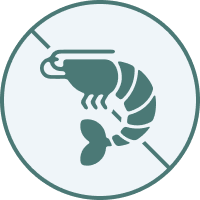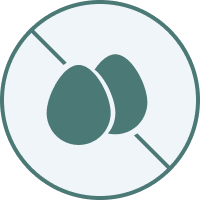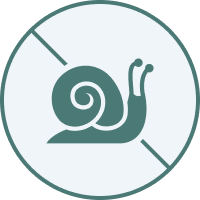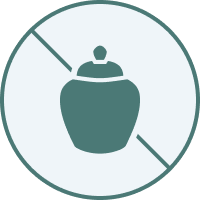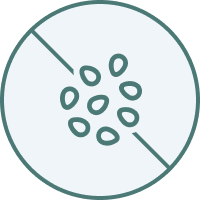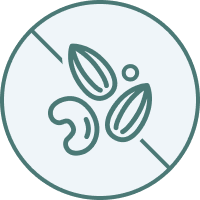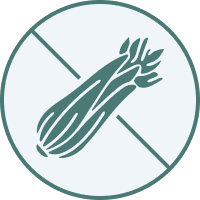Shatavari Supreme - 90 Capsules | Supreme Nutrition Products
Shatavari translates to “who possesses a hundred husbands” and has traditionally been used as a general tonic as well as female hormone/reproductive tonic. It is known as the Queen of Herbs in Ayurveda medicine. Studies have shown the extract to be antiulcer, antioxidant, antidiabetic, and contain immune-modulatory activities. Its benefits are suggested for nerve disorders, dyspepsia, diarrhoea, dysentery, inflammation, cough, bronchitis, hyperacidity, and infectious disease. The main active components in Shatavari are alkaloids, mucilage, and steroidal saponins. Shatavari has been shown to help milk production in mothers. One of the mechanisms shown for this has been by increasing prolactin levels.
It is known as a well rounded female hormone tonic for many different uses including: “beneficial in female infertility, as it increases libido, cures inflammation of sexual organs and even moistens dry tissues of the sexual organs, enhances folliculogenesis and ovulation, prepares womb for conception, prevents miscarriages, acts as post partum tonic by increasing lactation, normalizing uterus and changing hormones”. It can also help with PMS and dysmenorrhea.
Many report having symptomatic relief with post-menopausal symptoms such as hot flashes, night sweats, vaginal dryness, etc. Multiple studies have looked at Shatavari to help prevent post-menopausal bone loss. One found “The results of Shatavari were encouraging, as it has shown not only a decrease in bone loss, but a significant increase in bone formation”.
For more information and supporting research please visit the complete product page and write-up at: Shatavari Supreme
Shatavari translates to “who possesses a hundred husbands” and has traditionally been used as a general tonic as well as female hormone/reproductive tonic. It is known as the Queen of Herbs in Ayurveda medicine. Studies have shown the extract to be antiulcer, antioxidant, antidiabetic, and contain immune-modulatory activities. Its benefits are suggested for nerve disorders, dyspepsia, diarrhoea, dysentery, inflammation, cough, bronchitis, hyperacidity, and infectious disease. The main active components in Shatavari are alkaloids, mucilage, and steroidal saponins. Shatavari has been shown to help milk production in mothers. One of the mechanisms shown for this has been by increasing prolactin levels.
It is known as a well rounded female hormone tonic for many different uses including: “beneficial in female infertility, as it increases libido, cures inflammation of sexual organs and even moistens dry tissues of the sexual organs, enhances folliculogenesis and ovulation, prepares womb for conception, prevents miscarriages, acts as post partum tonic by increasing lactation, normalizing uterus and changing hormones”. It can also help with PMS and dysmenorrhea.
Many report having symptomatic relief with post-menopausal symptoms such as hot flashes, night sweats, vaginal dryness, etc. Multiple studies have looked at Shatavari to help prevent post-menopausal bone loss. One found “The results of Shatavari were encouraging, as it has shown not only a decrease in bone loss, but a significant increase in bone formation”.
For more information and supporting research please visit the complete product page and write-up at: Shatavari Supreme

A happier, healthier life.
Supplement Hub launched in 2019 with the aim to simplify getting and staying healthy through the use of nutritional supplements. We believe the right products can make a big difference, and we work hard to bring you the very best.
- High-quality supplements at an affordable price
- Evidence-based dosages and the best raw materials
- All supplements are carefully selected by our practitioners




